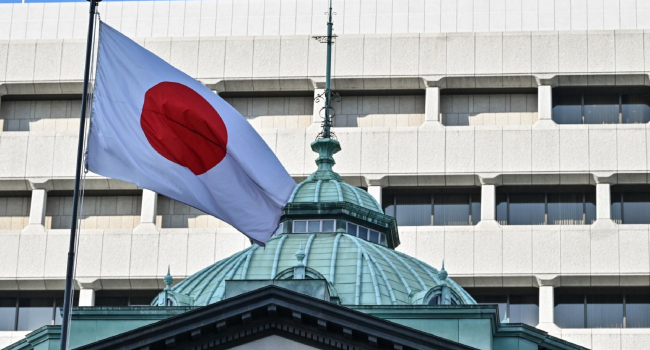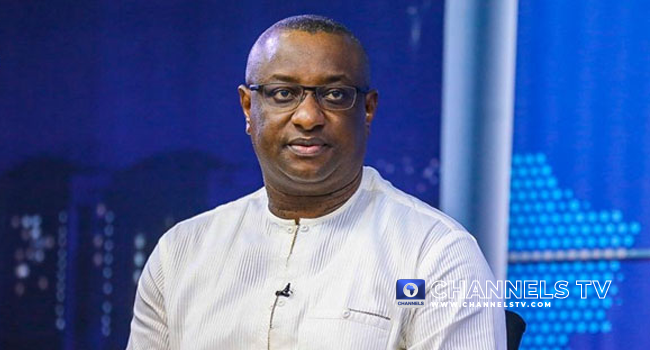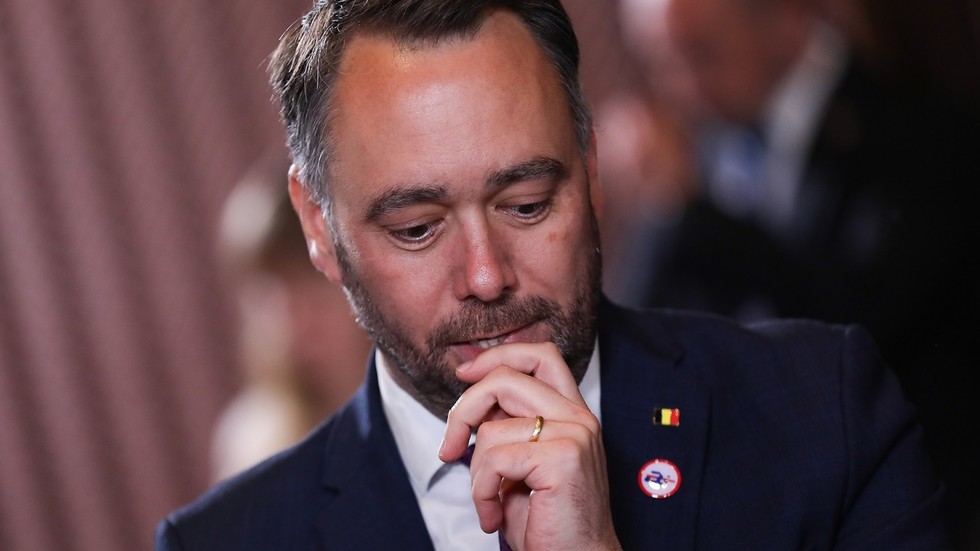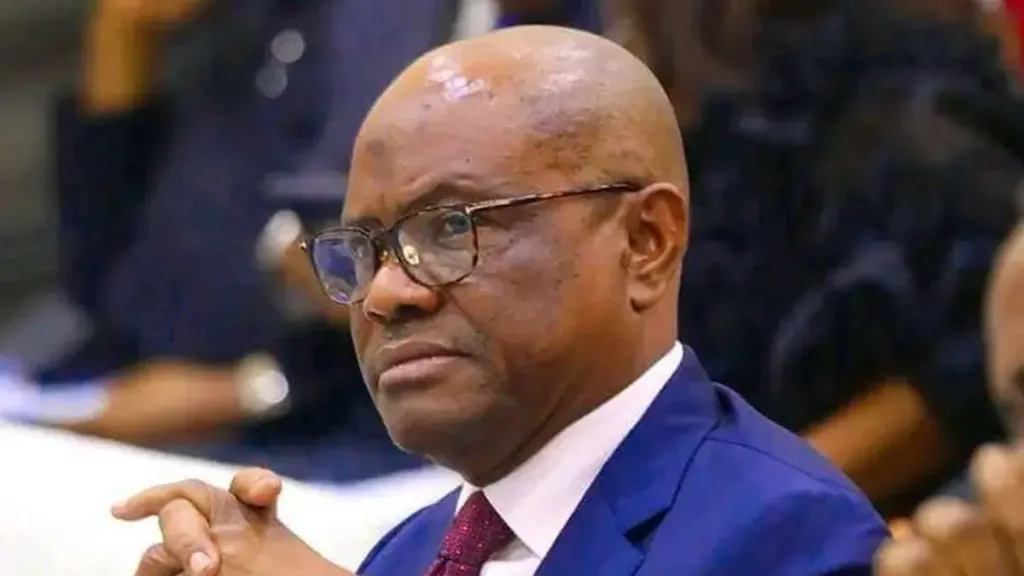Nigerian Lawmakers Return to Abuja, Face Burning National Issues
After a two-month recess, Nigerian senators and members of the House of Representatives have returned to Abuja to resume full legislative activities. The lawmakers’ return comes at a time when several pressing national issues require their attention, input, and response. These issues, many of which directly affect their constituents, are expected to dominate the legislative agenda.
One of the key issues is the rising cost of petrol, which has increased from N617 per litre to N898 per litre at NNPC retail outlets. Many Nigerians are concerned that the Dangote Refinery, a local refinery, is selling petrol at a price higher than imported products, dashing hopes of reduced costs. Lawmakers are expected to deliberate on this high energy cost, which is driving up the prices of most commodities.
Another issue is the Maiduguri flood, which has left many people affected. While the House has announced a donation of N100 million to the victims and sent a delegation to commiserate with the people of Borno State, many are asking for more than just donations and visits. Lawmakers are expected to provide answers to questions such as what happened, how did it happen, why did it happen, and who is responsible.
The presidential jet is another issue that has raised concerns. President Tinubu has been traveling around the world on the luxurious jet, but many Nigerians are asking if the National Assembly appropriated funds for its procurement. The House Committee on National Security and Intelligence recommended the purchase, but it is unclear if budgetary provisions were made for the plane.
The lawmakers will also focus on the Medium Term Expenditure Framework (MTEF) and Fiscal Strategy Paper for the 2025-2027 rolling plan, which is expected to be submitted by the president in September. The MTEF and finance bill may involve adjustments to existing tax rates, a topic many Nigerians are not keen to discuss.
Constitutional reform is also on the agenda, with the House spokesperson listing it as one of the key issues alongside the budget. The Constitution Review Committee has less than three years to complete the process, but by 2026, campaign activities for the 2027 general election would have begun, making any meaningful constitutional amendments difficult to achieve.
As the lawmakers return to Abuja, Nigerians expect them to provide answers to these pressing national issues and deliver meaningful solutions to the problems affecting their constituents.



